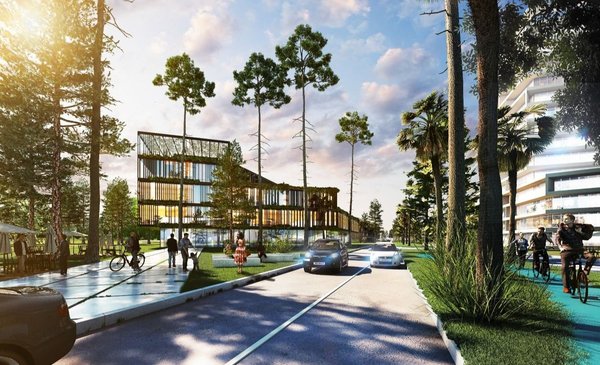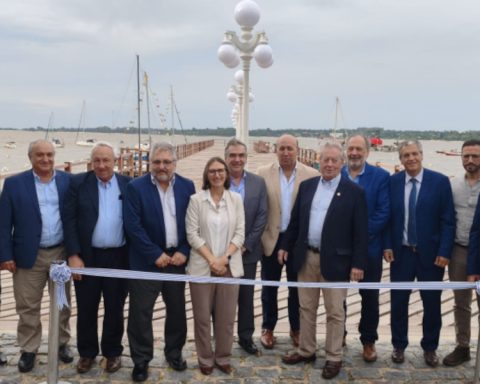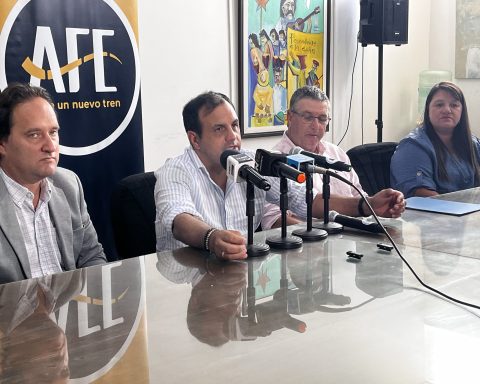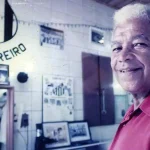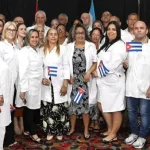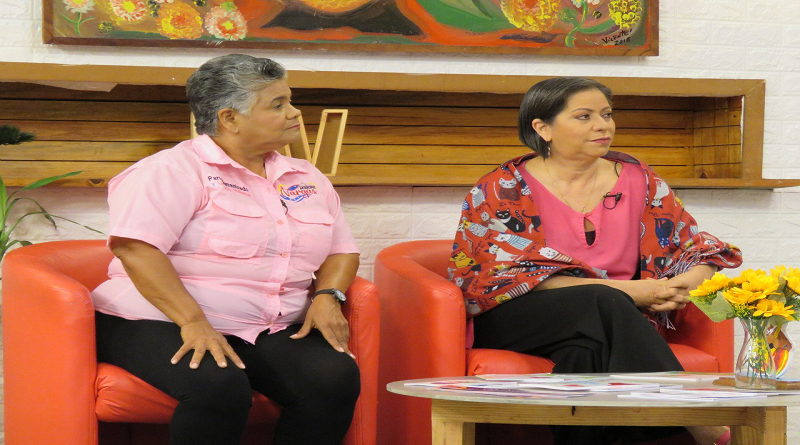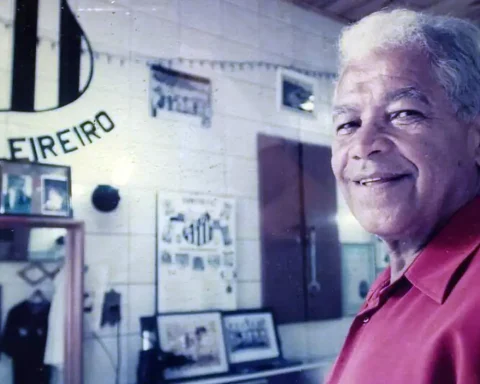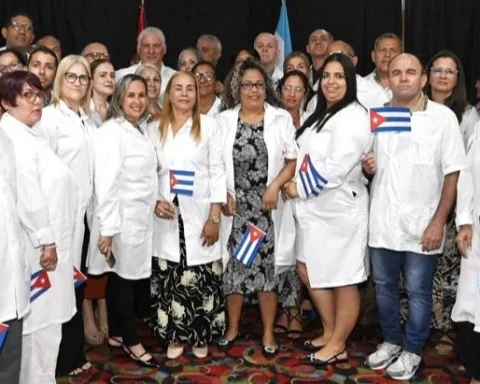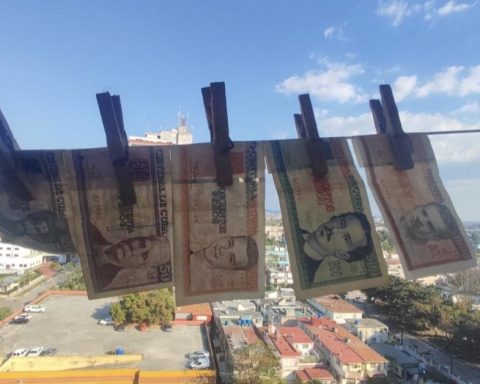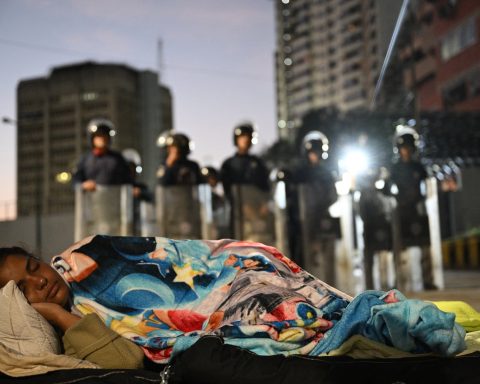The first city in the River Plate and an innovation hub are the differentials of the mega project that an Argentine is beginning to build on Uruguayan soil. These days the details are finalized to start the construction of +Colognea real estate development that will combine technology, companies, homes and recreational spaces.
“Uruguay has managed to attract the ultra-rich until now, +Colonia intends to attract the common people”, emphasizes the co-founder and CEO of +Colonia, Eduardo Bastitta, to Café & Negocios and stresses that its objective is to conquer the youngest from both shores.
For Argentines to choose to settle on the Colonia coast, Bastitta relies on connectivity through the Río de la Plata and on the 16 daily frequencies that link Buenos Aires with Colonia, all of them with fast boats of less than an hour duration.
But the proposal not only involves housing, but rather the original idea is based on districts that also include businesses, services, and recreation. “Inspired by the new trends, we hope that companies will develop districts, neighborhoods for their employees and create a large urbanization of districts”, emphasizes Bastitta, some examples would be districts dedicated to biotechnology, fintech, audiovisual or gaming. “For this reason, the entire city is designed for the new generations that demand nature, technology, sustainability and connectivity from us,” she reaffirms.
“The key is that we are eligible for the employees of the companies,” says Bastitta, who also expects it to be an epicenter of business. “There are companies that have joined to co-create urbanization. There are artificial intelligence (AI) startups, blockchain startups, and with them we are working on how the city’s technology and the implementations of its premises will be,” he described. and asserted that, for example, for the Genesis district they are thinking of supermarkets, pharmacies, offices and gyms inspired by the future with AI tools.
+Colonia’s five-year plan talks about five districts, one per year, but it is expected that in 20 years the city will integrate more than 15 in total. The first of these is Genesis, the only one that is already on sale and has more than 300 reserved units.
60% of these buyers are Argentine, but many of them today live abroad and “now they have the opportunity to return without returning,” Bastitta describes, since they can be close to the Argentine capital without being exposed to the current situation. unfavorable macroeconomics. At the same time, there are 24% of Uruguayan buyers, followed by a significant number of Chileans. They are joined by Brazilians, Americans, Europeans and other citizens from different Latin American nations.
At the moment, The project is still in the process of processing tax exemptions from both the Commission for the Application of the Investment Law and those from promoted housing to alleviate the costs of the works. The construction company that will begin the works will be defined next week, although there will be several that will intervene given the magnitude of the project. “They are the most important companies in Uruguay and we have been working on the tender for several months,” says the CEO.
How much will it cost to live in the new city of the River Plate?
Genesis District, the kick of +Colonia, will be made up of 430 projected units that will begin to be built at the end of the month and will end in about two years. The offer is varied: there are studio apartments but also apartments with one, two, three and four bedrooms. The average ticket value is between US$120,000 and US$130,000 per unit. There are units from US$70,000 to US$400,000.
In addition, together with the apartments you get free trips (by ship) to travel between Buenos Aires and Colonia. “Each unit, depending on the type, comes with between 460 and up to 1,200 free tickets; that is to say that one can come and go every week for between five to seven years paying only lower rates”, remarks Bastitta and says that this investment aims to settle the discussion over the cost of the ticket and finish bringing the two shores closer.
For this they are related to the two shipping companies that cross the Río de la Plata—Colonia Express and Buquebus—although the tickets destined for this district will be from Colonia Express on time.
